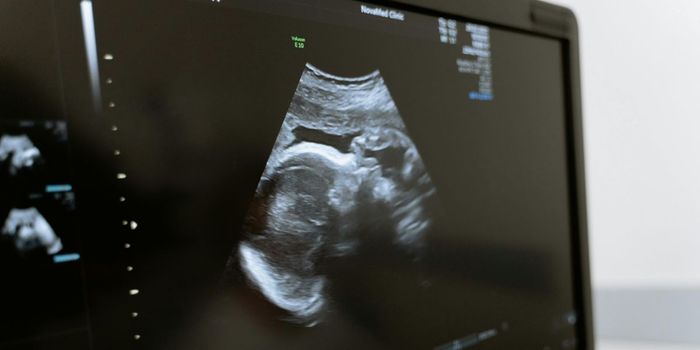Survey Gauges Driving-related Behaviors Attitudes among Australian Medical Cannabis Users
A study of Australian medical cannabis users revealed some critical insights into behaviors and attitudes. The study examined participants’ attitudes and perceptions toward driving under the influence of cannabis (DUIC). The study analyzed the driving-related subsection of the Cannabis as Medicine Survey 2020 (CAMS-20), which surveyed driving-related behaviors, attitudes, and perceptions among Australian medical cannabis (MC) users. 28% reported driving after consuming cannabis in the past 12 months. 49–55% of participants revealed that they drove within 6 hours of cannabis use depending on the route of administration (oral or inhaled). The findings were published in the Journal of Cannabis Research.
The researchers collected anonymous, cross-sectional online survey data between September 2020 and January 2021. Eligible participants were over 18 and consumed prescribed or illicit cannabis to manage medical symptoms within the past 12 months.
The study indicated that participants perceived non-medical cannabis (NMC) or recreational cannabis as more impairing for driving than medical cannabis (MC). Binary logistic regression revealed associations between the likelihood of DUIC and (1) inhaled routes of cannabis administration, (2) THC-dominant products, (3) illicit rather than prescribed use, (4) believing NMC does not impair driving, and (5) not being deterred by roadside drug testing. The findings reveal a low perception of driving-related risk among MC consumers.
Victoria’s medical cannabis patient driving trial should provide valuable insights for policy development. The MC users will be confined to a private, safe area so drivers on public roads are not at risk. Patients will have access to this closed track as part of a 10-month trial drive. This study will provide a basis for future research on how NMC and MC affect driving performance.
The study identified several factors that may increase DUIC activity, and the researchers recommend these factors when developing consumer education and road safety policies. Future research will investigate MC’s effects on cognitive function, alertness, and reaction time when driving after consumption.
Sources: Forbes, Journal of Cannabis Research








